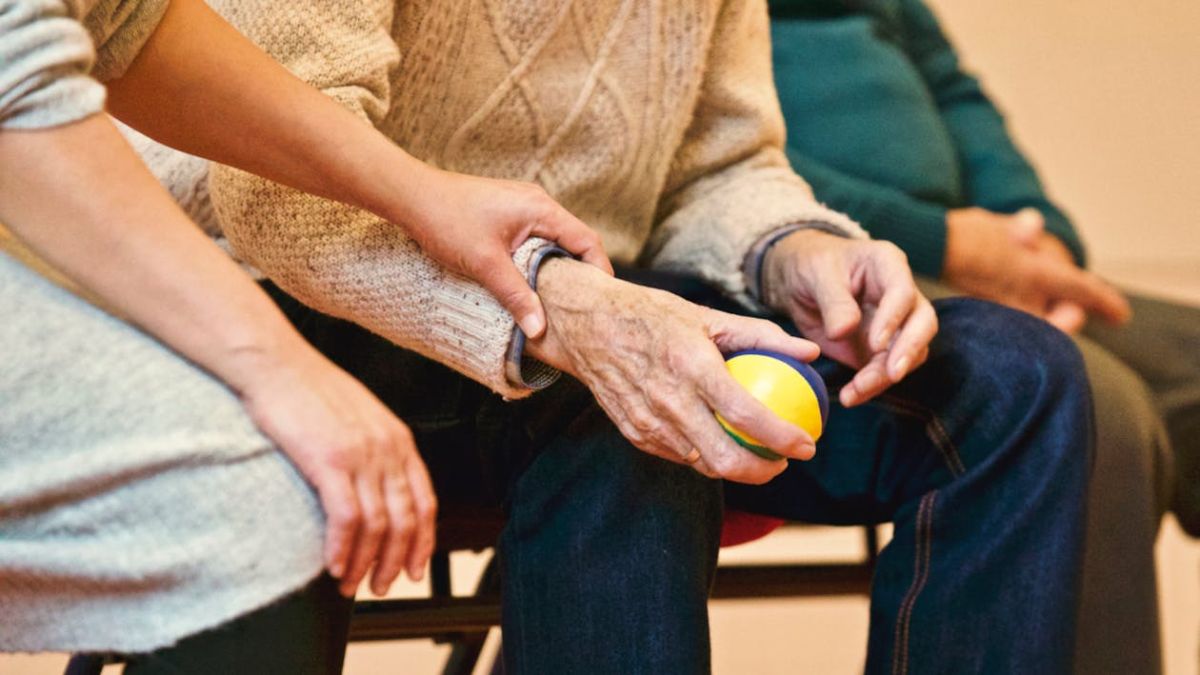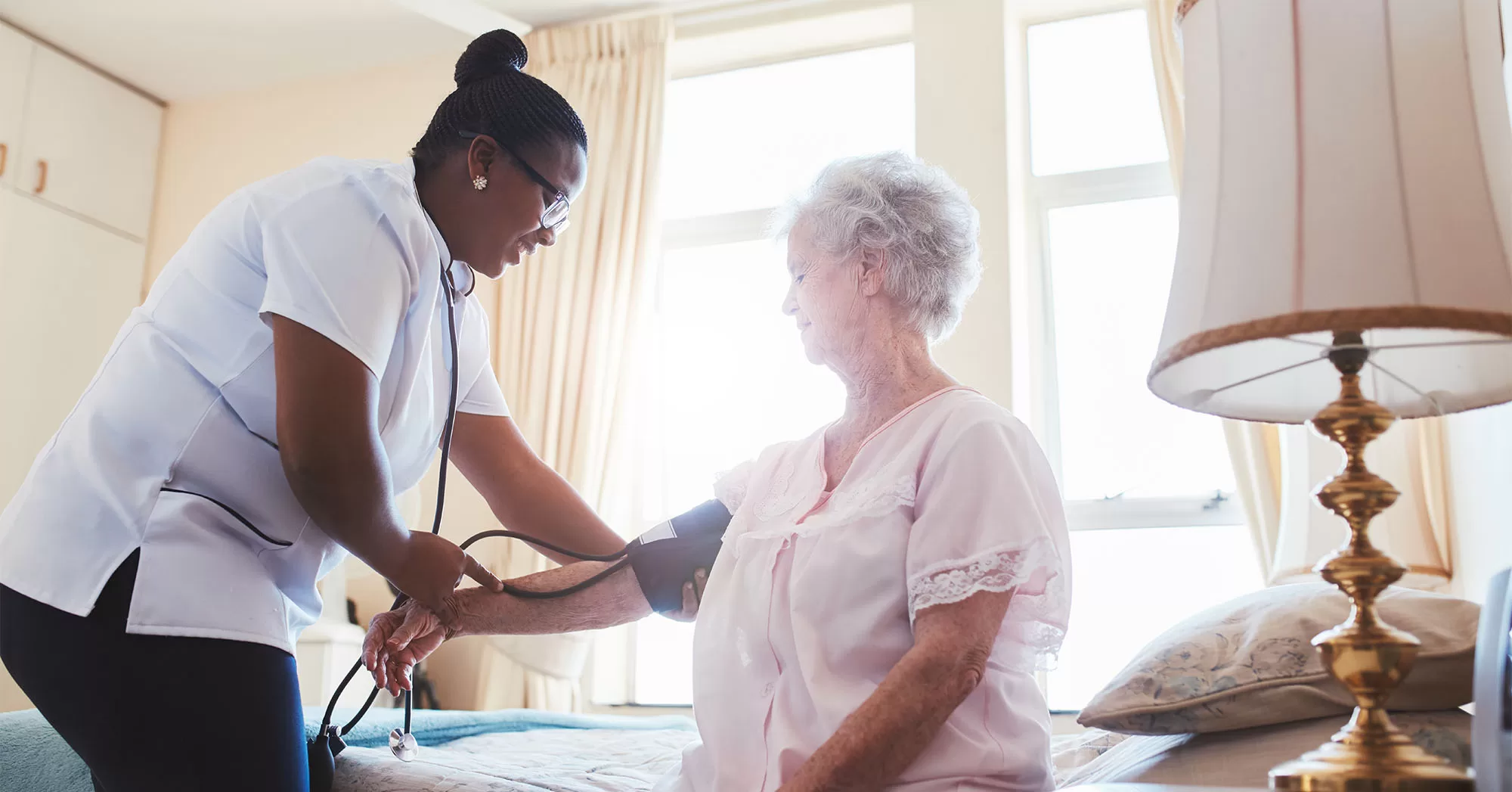A bedsore is a wound that is caused by sustained pressure. Pressure damages the skin when you stay in any one position for a long period of time. Reduced blood circulation to this area of the skin can cause the skin cells to “die” and eventually cause a sore.
Any person who stays in one position for a prolonged period of time either sitting, lying or standing is at risk of developing bedsores. A person who is bed-bound, or even a mobile person who doesn’t spend a lot of time in bed, can develop bedsore if they remain in one position for too long.
High-risk areas for bedsores include heels, buttocks, tailbones, and hips. Any area with a bony prominence, or that experiences pressure from sitting or lying down, is at risk for a pressure injury. Other, less common, areas include the back of the head, tips of the ears, back of the leg, elbows, and shoulder blades.
Symptoms to look out for:
- Redness that doesn’t go away, even after the pressure is removed. This is the first warning sign that the skin is about to die and an open wound may develop.
- Changes in skin color or texture and unusual warmth or coolness in temperature of a specific area of skin may also indicate a developing pressure ulcer.
- Watch for sore or painful areas of skin.
- Cracked, blistered or any broken skin, specifically over a bony prominence are warning signs.
- Other warning signs are dark or hardened skin with no obvious opening and drainage on bed sheets or clothing.
It is very important to seek inpatient, outpatient, or home based treatment from a wound-certified clinician or specialist. Not all dermatologists and podiatrists are wound care specialists. Please choose a specialist carefully – one that meets the needs of the patient – and do not attempt to treat an open wound without guidance from a qualified medical professional as you may run the risk of an infection. Infected wounds take longer to heal.
Your specialist may recommend the following:
- All open skin wounds should be covered at all times to reduce the risk of infection.
- Treatments that include “letting it air out” have been proven to be outdated and can cause further infection.
- Dressings should be changed according to the schedule set by the clinician but should be changed more frequently if the dressing is saturated or soiled.
- If this is a frequent problem discuss changing the dressing type with the clinician.
- DO NOT use hydrogen peroxide (while hydrogen peroxide kills bacteria it also kills healthy cells) or any product not specifically recommended by a healthcare professional.
To prevent a bedsore from occurring:
Examine skin carefully on a daily basis and look for early signs of skin breakdown. Bed bound patients should be re-positioned every two hours at a minimum. Positions should include: back, left side and right side. Remember to keep sheets and pads free from wrinkles. Pillows should be placed under the elbows and heels to reduce and eliminate pressure at these pressure points. Special supportive surfaces on beds and wheelchairs should be used to reduce and redistribute pressure. These can be ordered online or through a medical supply company.
If the patient is in a wheelchair, shift their weight every 15 minutes to avoid a pressure injury. For those who are able to stand (with or without assistance) should do so for short periods and/or walk as tolerated every 30 minutes. Incontinence should be managed closely and skin should be kept dry and clean. Barrier creams (either petroleum based or zinc based) should be used in the diaper area. Moisturize dry skin frequently; more than twice a day if necessary. Increase nutrition, especially protein and fluids. Blood tests can be obtained to determine nutritional status of an individual.
Points to Remember:
- Examine skin daily for changes.
- Reduce pressure with frequent repositioning.
- Report all changes to a medical professional.
- Seek treatment from a specialist only.
- Adhere to all treatments as prescribed by your doctor or nurse.

Posted by Laura Silverstein, MSN, RN, WCC in Health & Lifestyle, in Caregiver Corner






